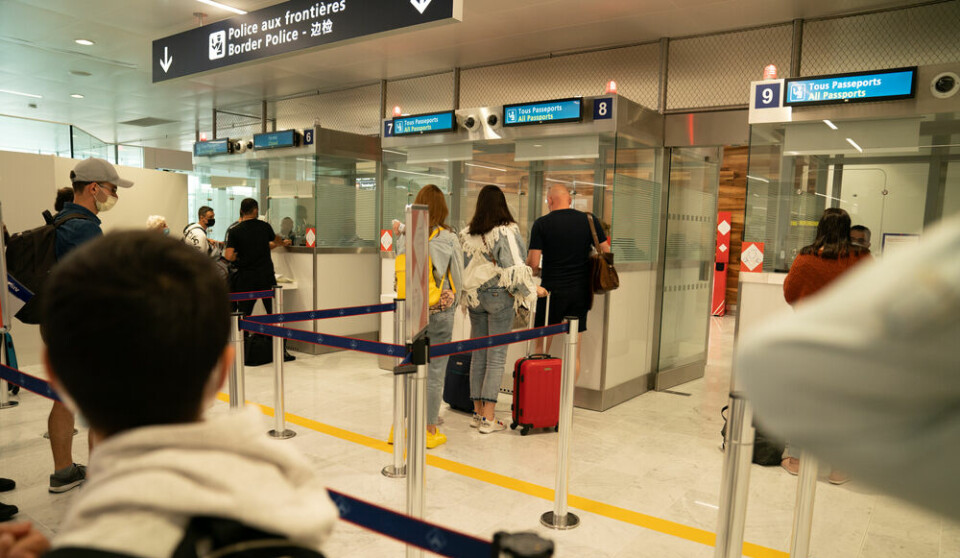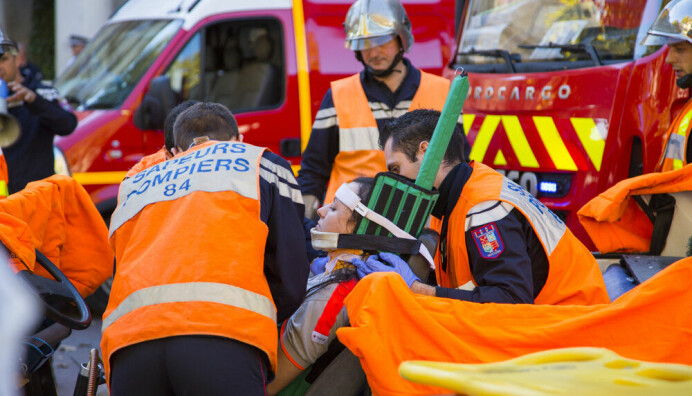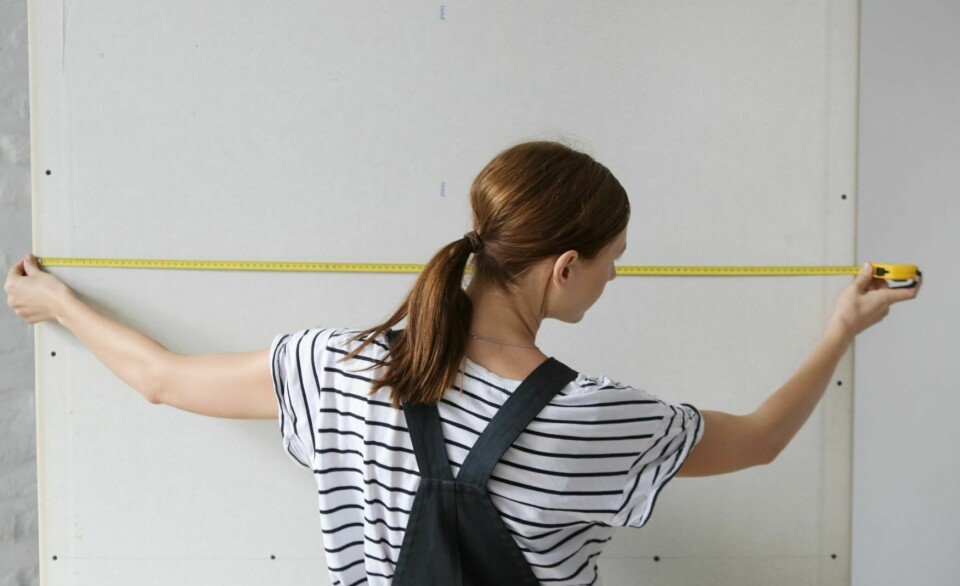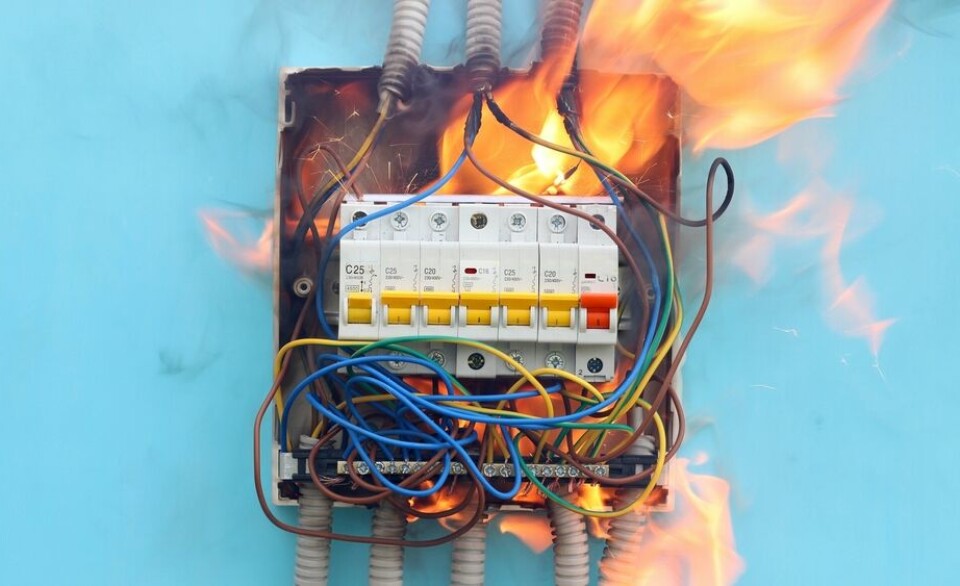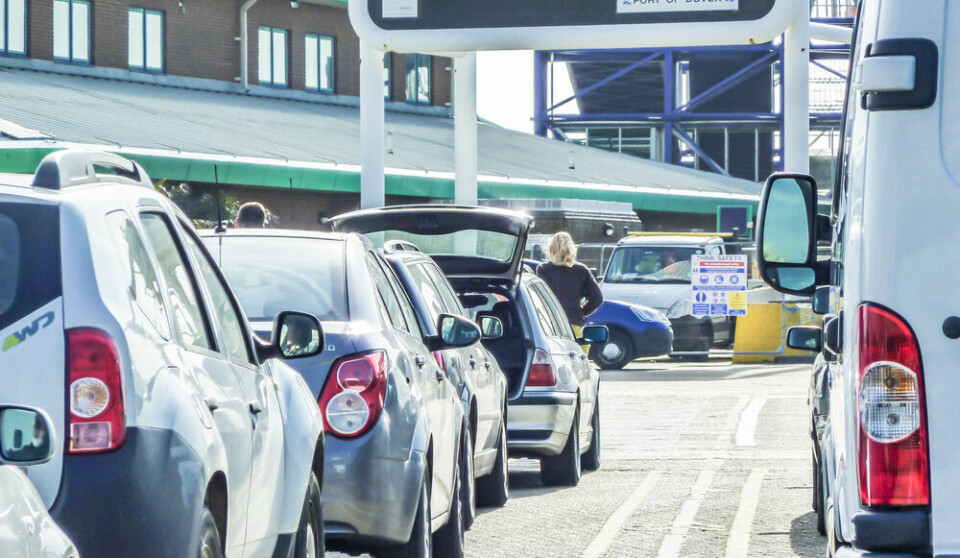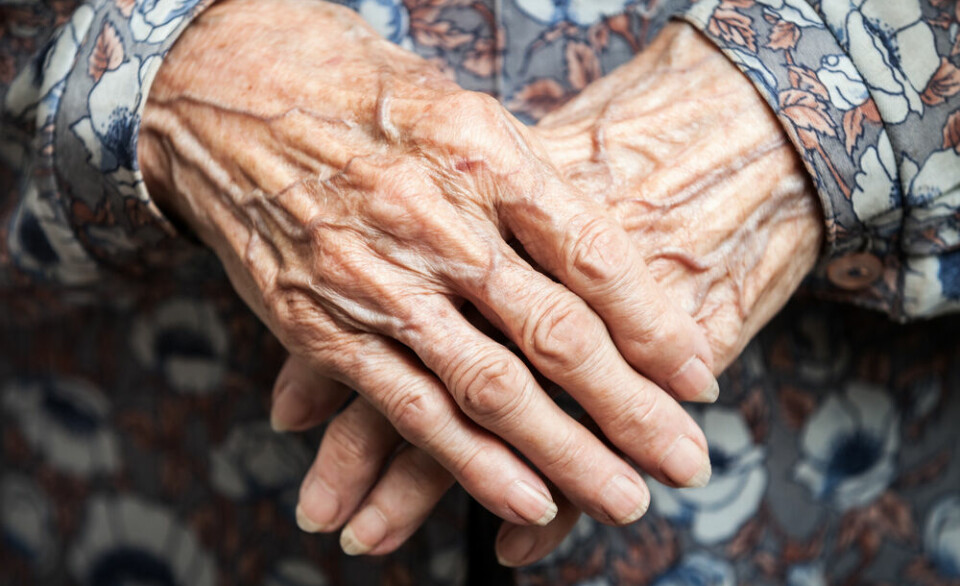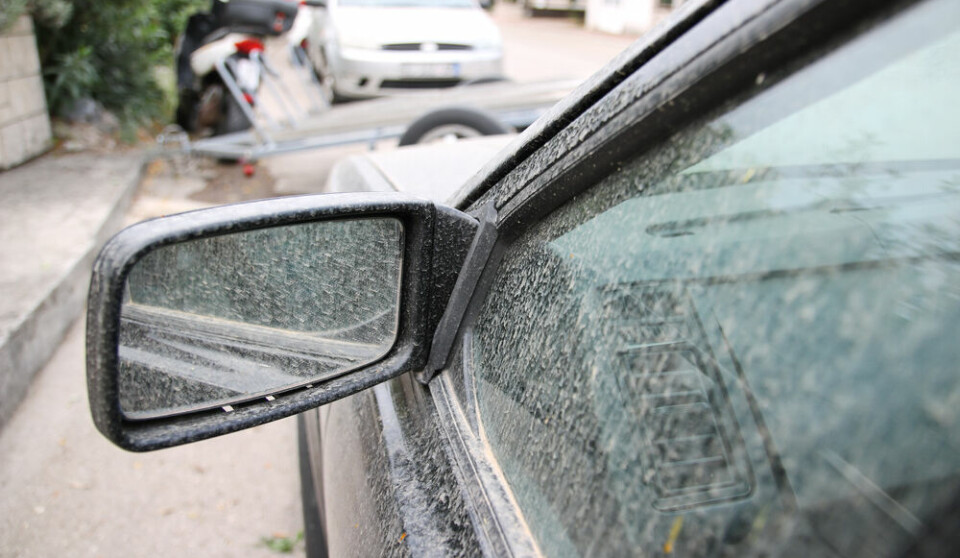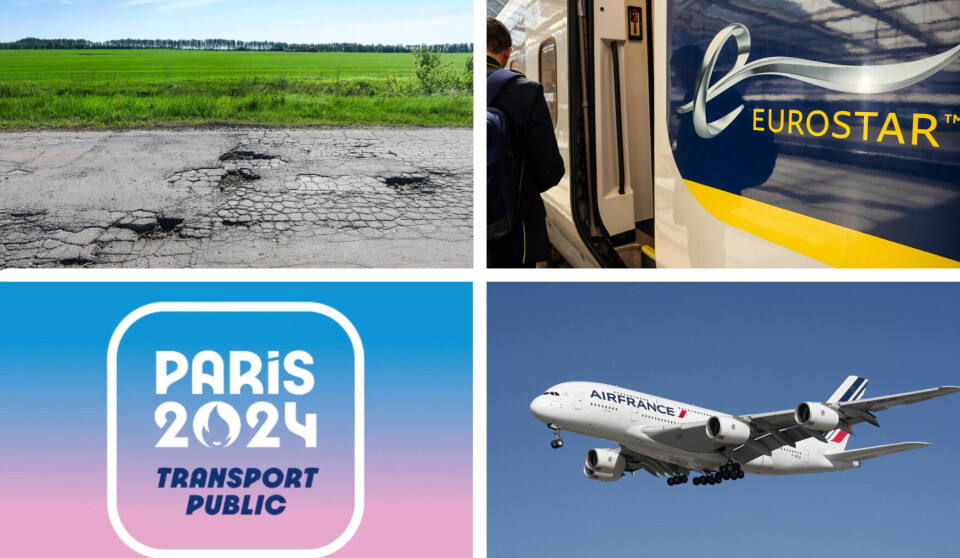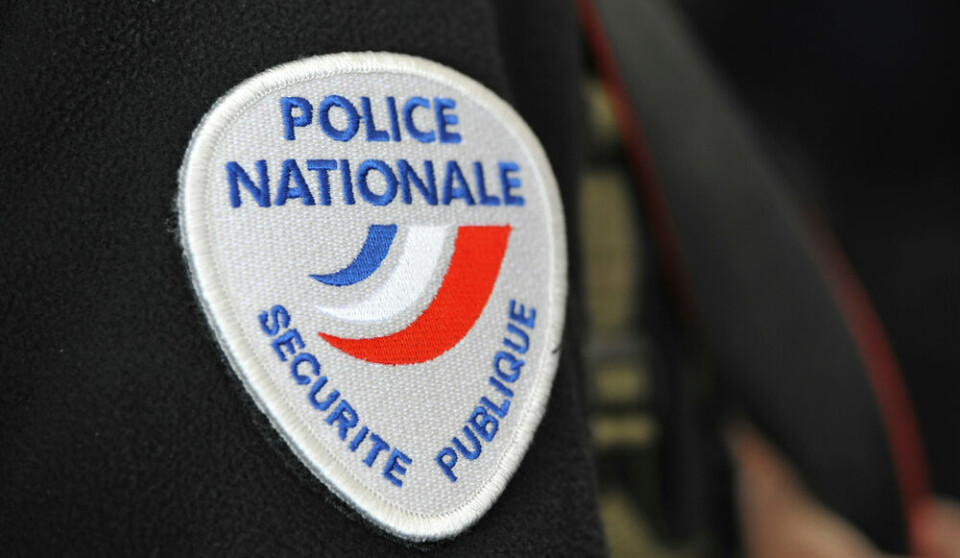-
Plan for sanctuary for old circus lions and tigers in south-west France
The €2.5m centre will welcome its first retired circus lions in June
-
Lily of the valley and workers’ rights: May 1 is special day in France
The day is also associated with spring and a celebration of patriotism (by some)
-
3D VISIT: the historic luxury yacht transporting the Olympic flame to France
The sailing ship used to cross the Atlantic carrying rum and cacao seeds from Brazil and was once owned by the Duke of Westminster
Delivery of medicines by drone tested in south-west France
The French-made drone test now shows the ‘potential for medical deliveries’ to people in isolated areas
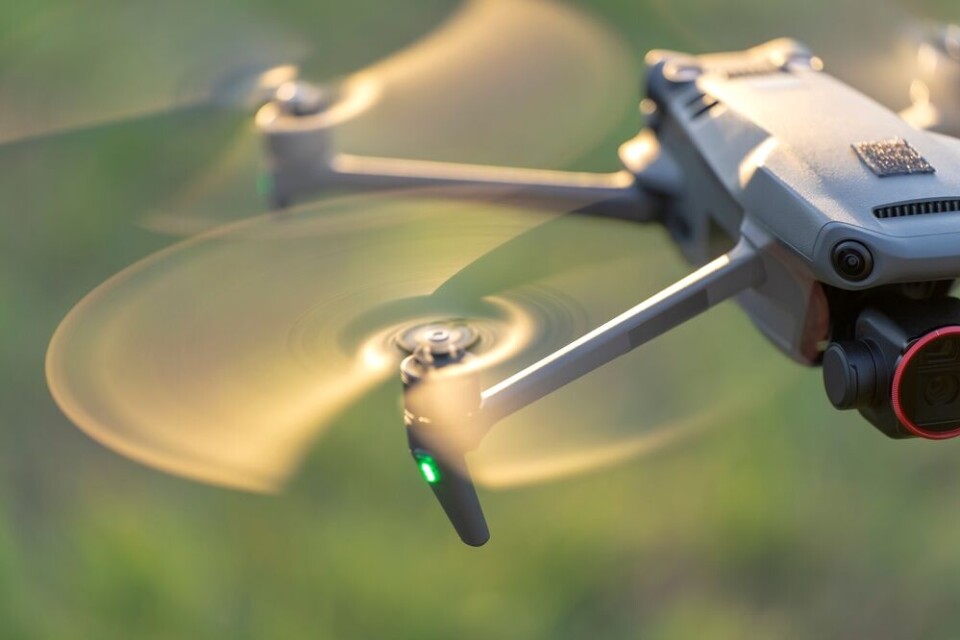
A drone has successfully completed a 150 km flight in south-west France in a test to see if it could help patients in isolated and difficult-to-reach locations.
The drone, called a DT46 and made by the Toulouse-based (Haute-Garonne, Occitanie) company Delair, was carrying medicines and blood samples.
It was coordinated by clinical research centre Ecogene-21, which is based in Quebec, Canada. A team from Ecogene-21 visited the area for a week to undertake the test.
The drone successfully completed the flight on January 16. It completed autonomous circles in the air over three hours, above the Delair test centre.
“We do not have authorisation to fly over cities,” said Stéphane Douce from Delair Aero. “To be as close as possible to real flying conditions, we carry out all our validations at our test centre. The data is recorded by a ground station.”
Isolated areas in Canada
Although it was tested in France, the drone delivery system is actually intended for use in Quebec, the French-speaking Canadian province where some patients live in very isolated, remote locations.
The use of drones is now a realistic possibility for people who would otherwise struggle to gain access to medication, the project leads have said.
“When we started the project, the use of drones in clinical studies could have been science fiction,” said Diane Brisson, senior operation director at Ecogene-21. “Today, we have demonstrated that it has become a reality.
“All that remains now is to establish teamwork to move regulations forward, and set up a network that will offer all Canadians living in remote regions the opportunity to take part in clinical studies.”
The drone is designed to be hardwearing and weather-resistant. It has a long range and can take off and land vertically. It is also low-cost to use. This makes it much more practical in comparison to other delivery methods, such as a small plane.
“The drone reduces financial costs, saves time when traversing steep terrain and has a very limited carbon footprint,” said Mr Douce at Delair Aero.
Delair president, Bastien Mancini, said: “We are convinced that in the near future these systems will be able to make a decisive contribution to the routine medical supply chain. This type of trial demonstrates the potential of our drones for medical deliveries.”
Delair is a French-based company and is the European leader in professional drones. It already has thousands of drones in operation across 70 countries, within the security and defence markets. This includes delivering drones to Ukraine to help its efforts against Russia.
The company is now looking to diversify into the medical sector.
Medical drones in France
Drones have already been tested in France with a view to using them to deliver urgent medical samples from French hospitals to testing centres, in cases where every minute counts - for example, the testing of cerebrospinal fluid to diagnose meningitis.
The drones can carry up to 3kg and travel at 150 km/h at a height of 120 metres.
Related articles
Drones to carry urgent medical samples from French hospitals
What are the rules for using drones in France?



